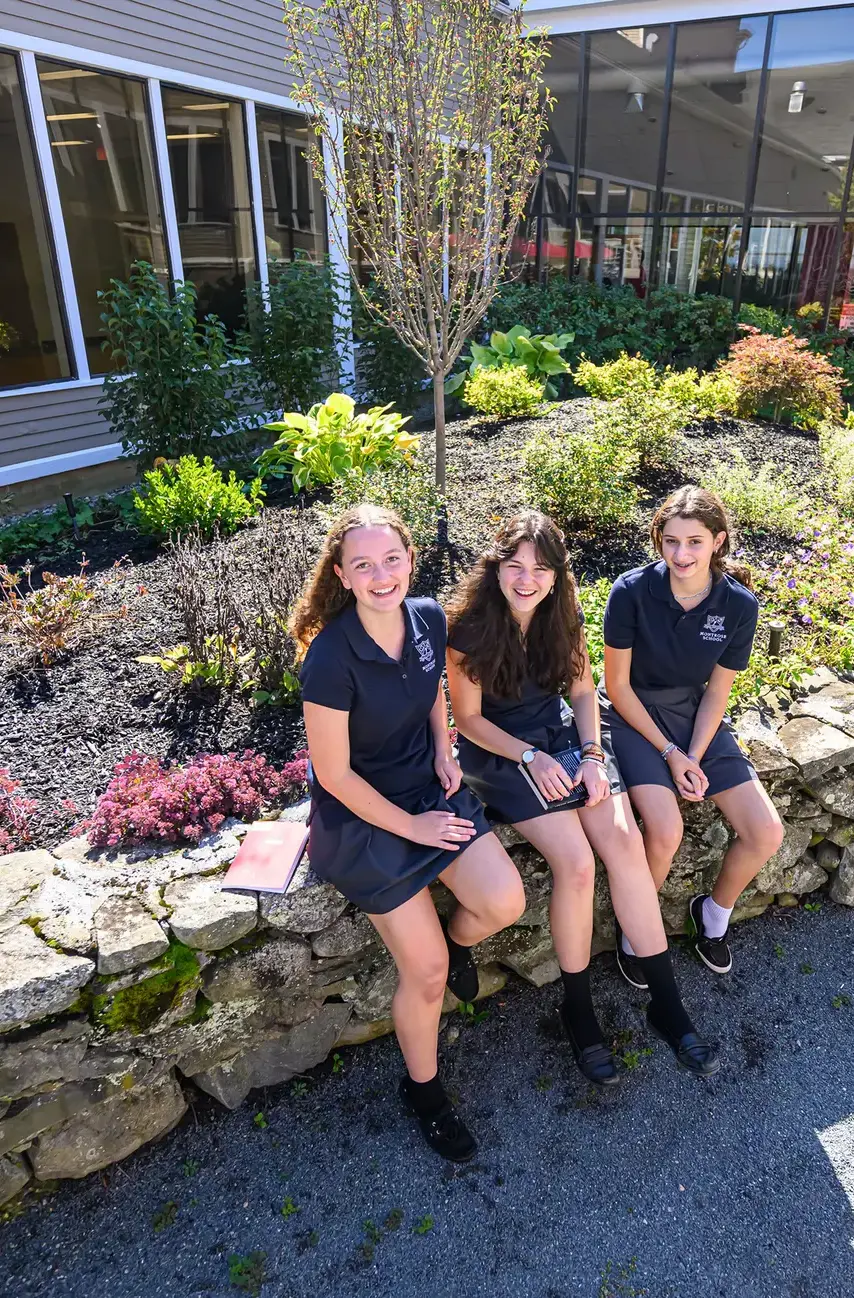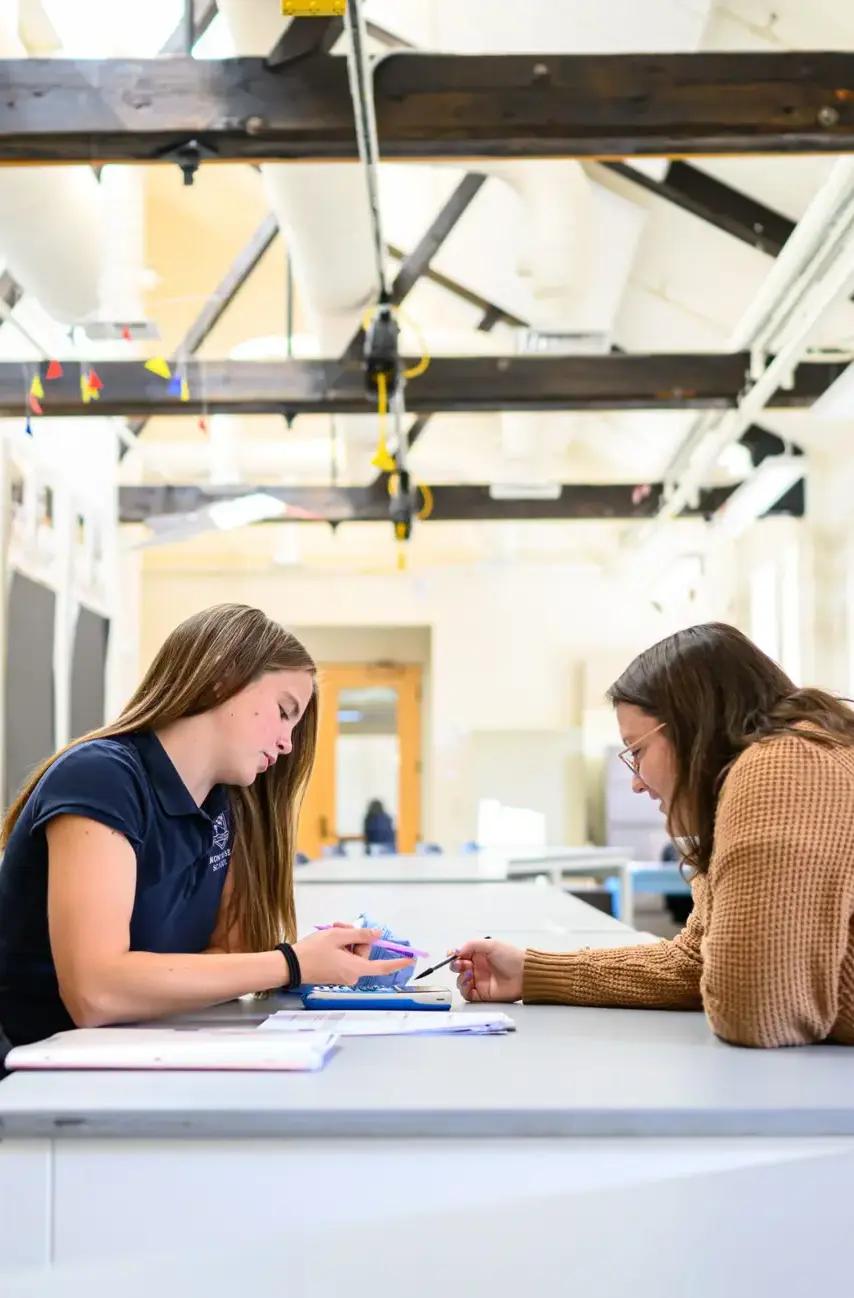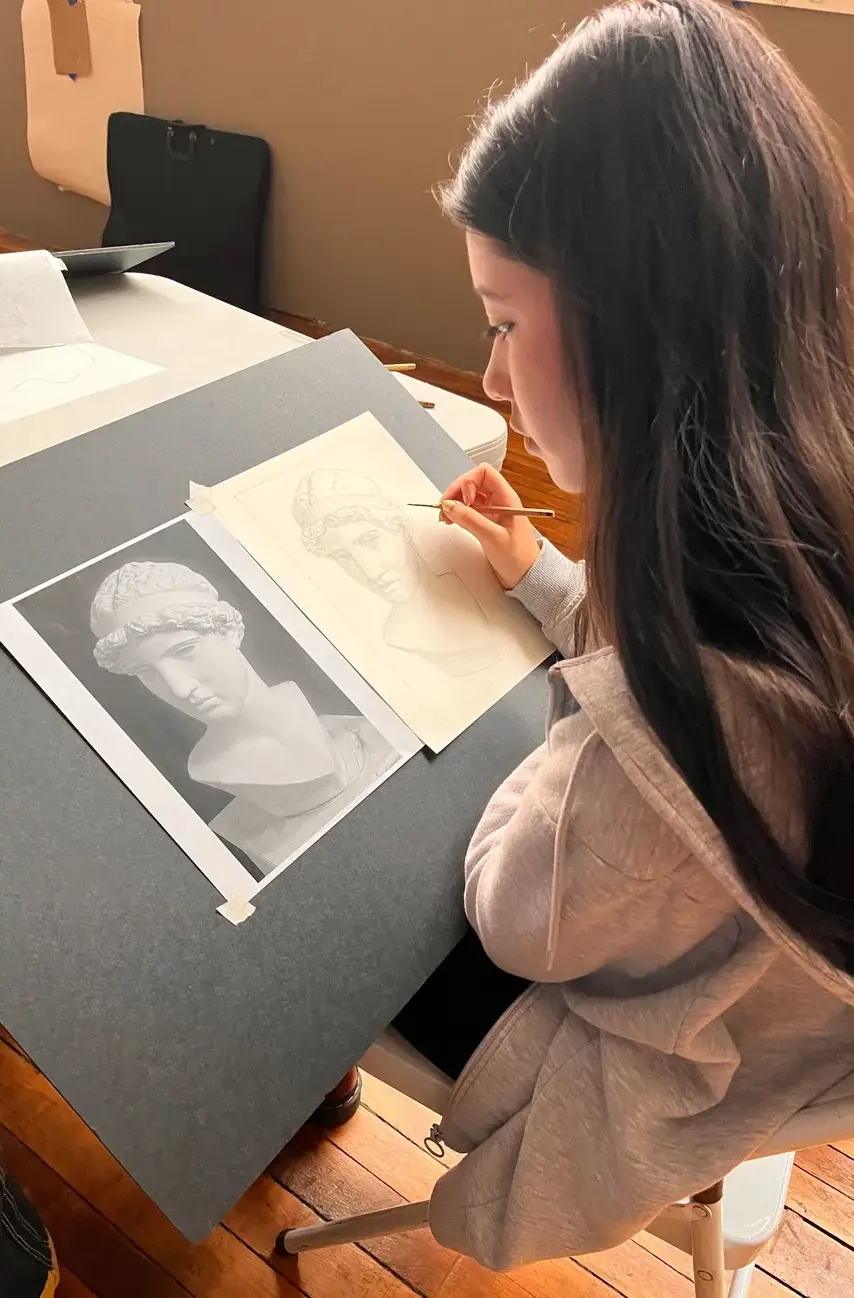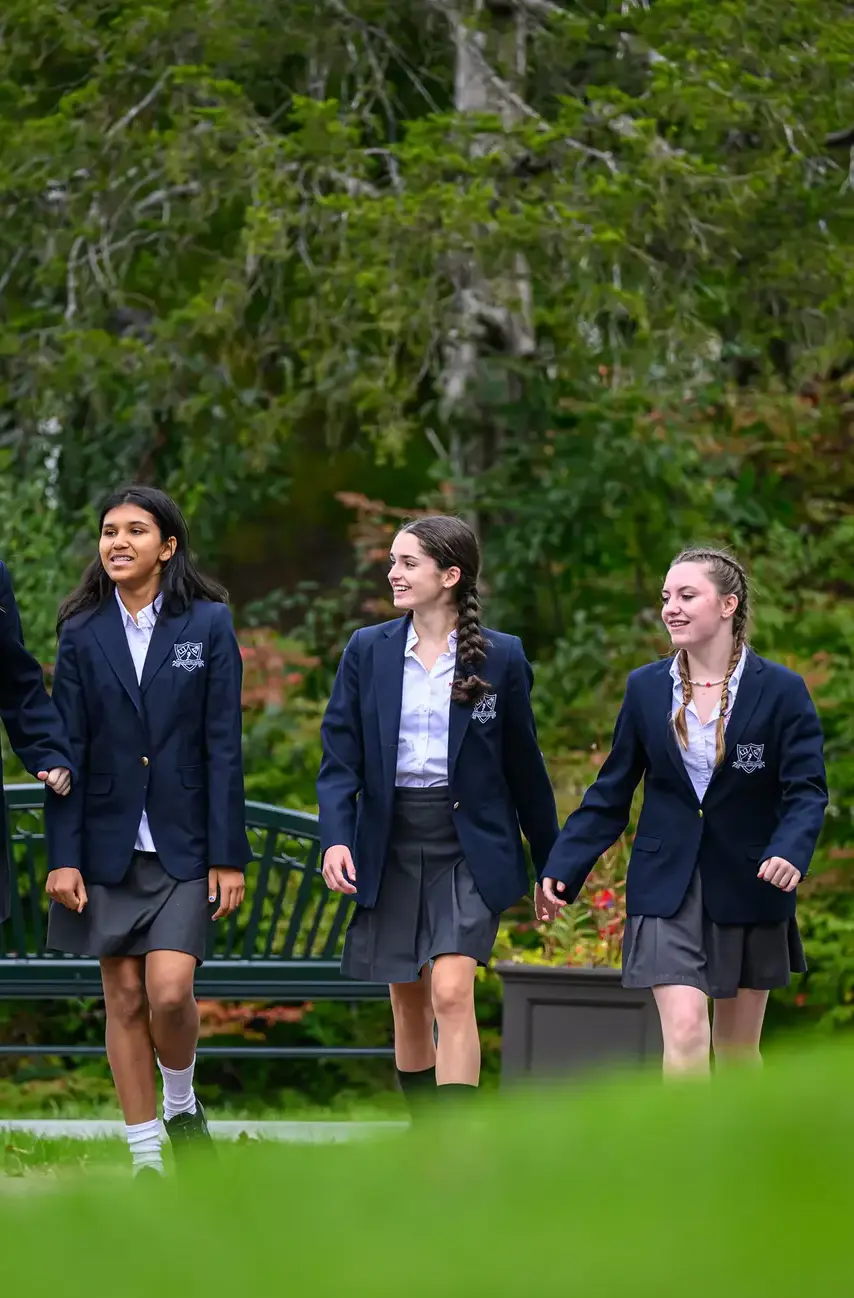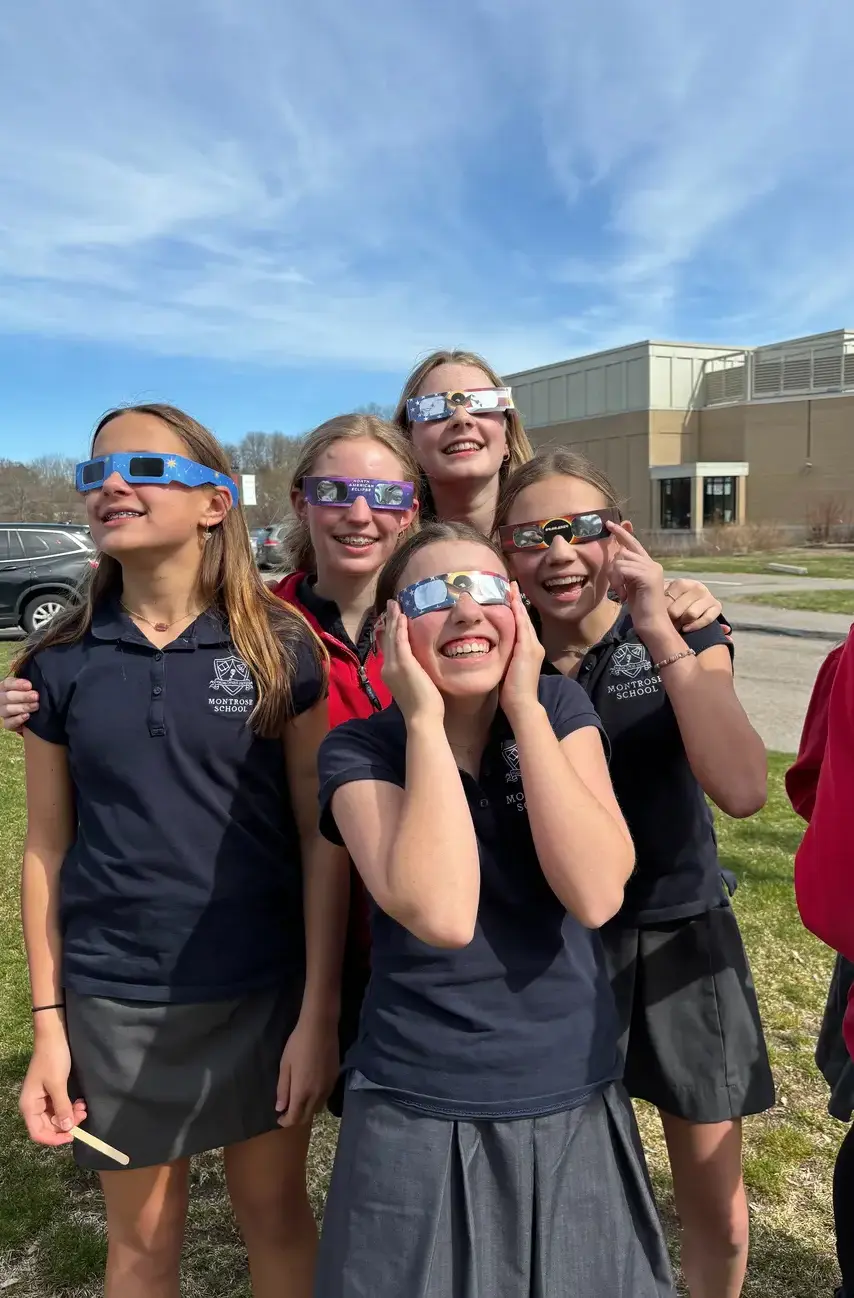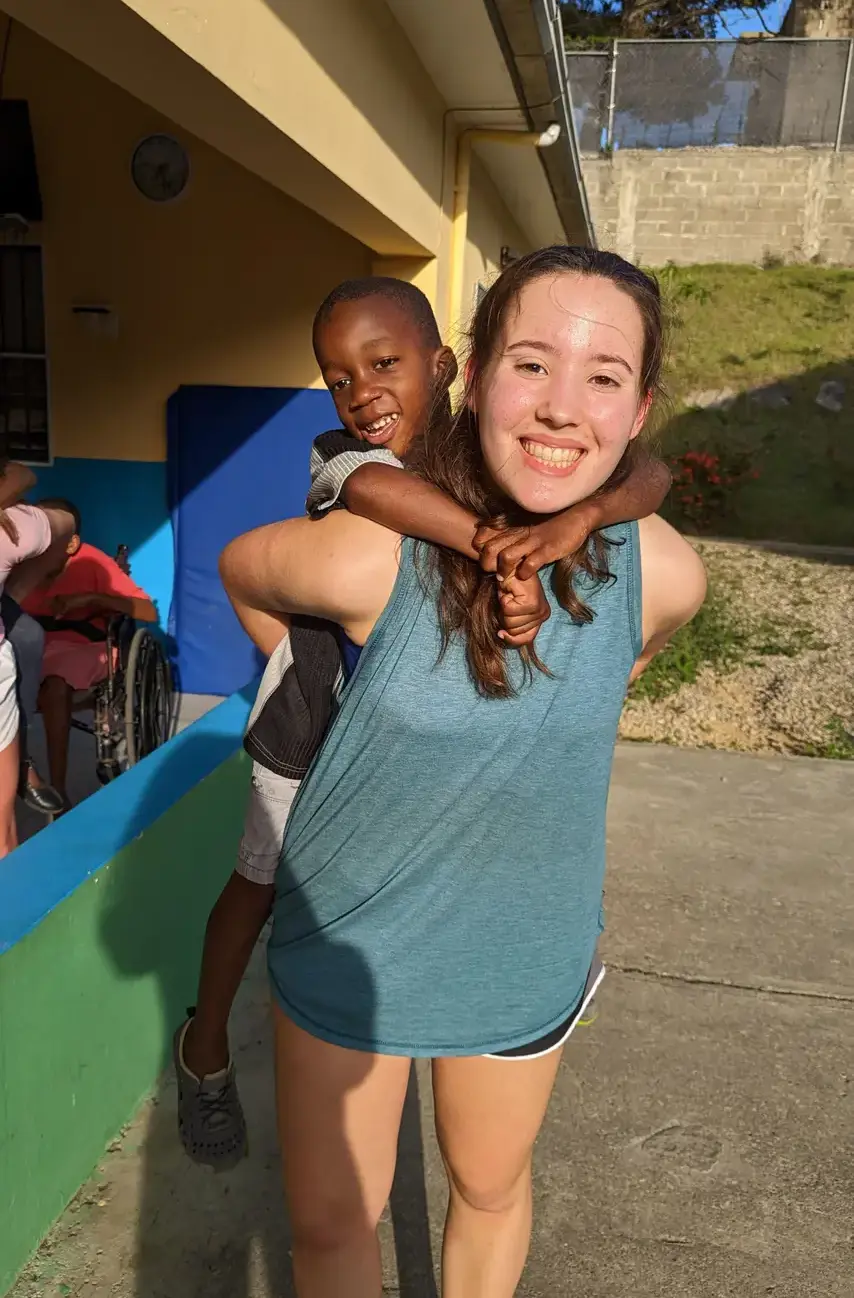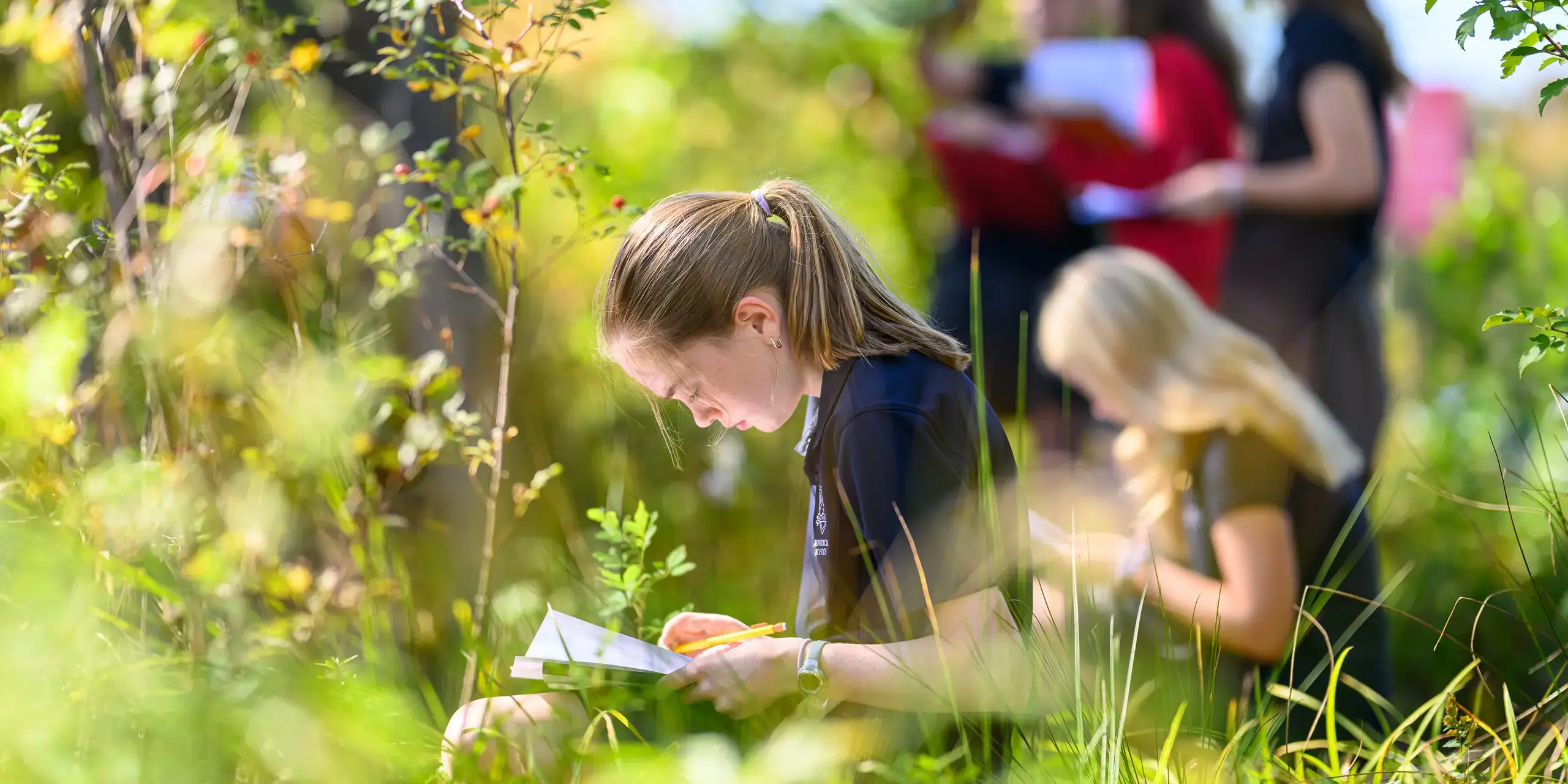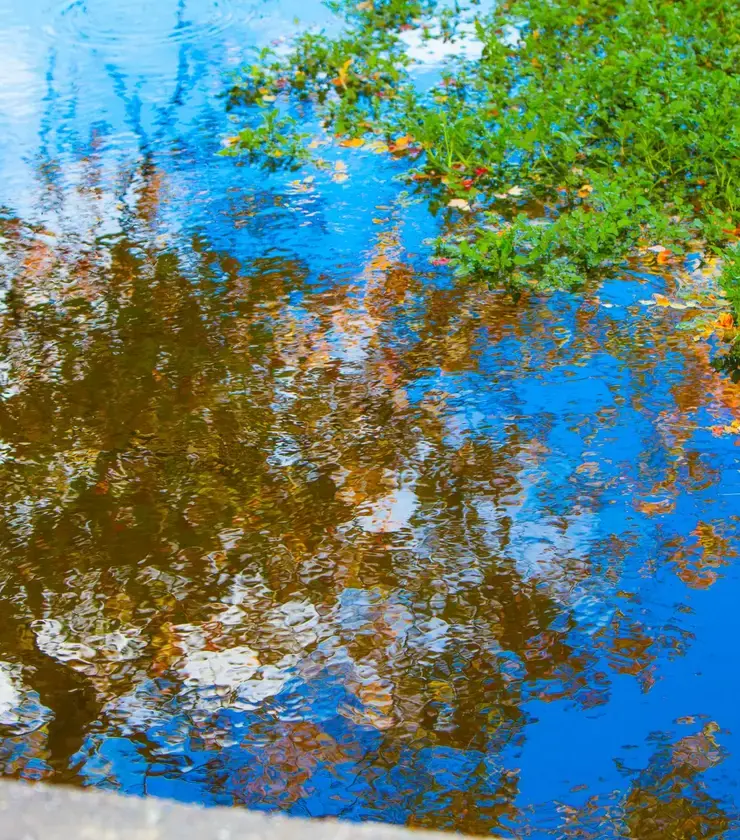Exploring nature in our outdoor classroom
Our outdoor classroom, our wetlands ecosystem, is an interdisciplinary learning experience in arts and the environment.
At Montrose, our campus wetlands are a tool to help students become better scientists as they explore nature and connect the curriculum to the physical world.
Think Like a Scientist
6th, 7th and 9th graders apply the principles of the scientific method and imitate the peer review process as they engage with the wetlands.
Our 7th graders conduct an experiment focused on whether wetland soil helps plants resist disease better than traditional garden soil. The experiment was conducted by introducing black spot disease to roses planted in both soil types. As their scientific knowledge increases, so too does their responsibility and humility.
important habits of mind and character
“We need a conversation, which includes everyone, since the environmental challenge we are undergoing, and its human roots, concern and affect us all.”
— Pope Francis, Laudato Si', no. 14
Appreciate truth and beauty
9th graders create wetlands field guides after determining which local areas are wetlands by observing the hydrology, soils and vegetation. They identify, classify and draw the wetland plants, as well as estimate the populations of the various plant and animal species found therein.Students in Photojournalism and Art electives also engage with the Wetlands by drawing and painting the species found and photographing the wetlands species to assess the habitat and reflect on its beauty.
In addition to furthering their STEAM skills in data collection, observation and classification, students are given the opportunity to be inspired by the intersection of science and beauty in nature.
JOINING boys FROM BROTHER SCHOOLS FOR FRIENDSHIP AND LEARNING
Led by scientists James and Denise Ullrich GP ‘30, our 7th grade Montrose team embarked on a day of exploration, alongside curious 7th and 8th graders from Sparhawk Academy.
The day started with a thoughtful dialogue on the significance of wetlands in our ecosystem.
James and Denise Ullrich, seasoned wetland scientists, shared their expertise on wetland research tools, covering a breadth of topics which included wetland definition, benefits, identification criteria such as hydrology, soils, and plants, as well as soil characteristics, plant adaptations, species indicator statuses, and sample sizes.
Through immersion in wetland creation and demarcation, the students gained a deeper understanding of the intricate balance in these vital habitats. The session easily transitioned into a lively Q&A, where the students' inquisitive minds sought to clarify and expand their knowledge further.
After the discussion, the girls and boys eagerly engaged in hands-on exploration. Armed with shovels, augers, and identification manuals, they ventured into the wetland ecosystem. Students also received guidance on identifying various plant species and soil types, refining their observational skills as they went along.
The highlight of the day was a friendly and enthusiastic competition among the students.
Equipped with their newfound knowledge, the students competed to see who could accurately identify the highest number of plants.
When the day concluded, it was clear that the wetland adventure had been extraordinarily impactful. Students not only gained scientific skills but also cultivated a deeper connection with nature. Through engaging discussions, exploration, and friendly competition, they embarked on a journey of discovery, kindling a passion for environmental stewardship
“I learned that not all wetland soil is good thick soil, and it is often filled with roots, leaves, sand, etc. I especially enjoyed being able to explore in the water and test each area to find the richest soil.” — Student Reflection
Biologist Sarah HannaB.S., Master of TeachingUniversity of Toronto As the Biologist for Montrose, Ms. Hanna tracks the flood plain, pond and wetlands on campus and classifies the plants and animals that call it home. She also creates opportunities for students to learn about the vital ecosystem therein as she conducts her research. |
